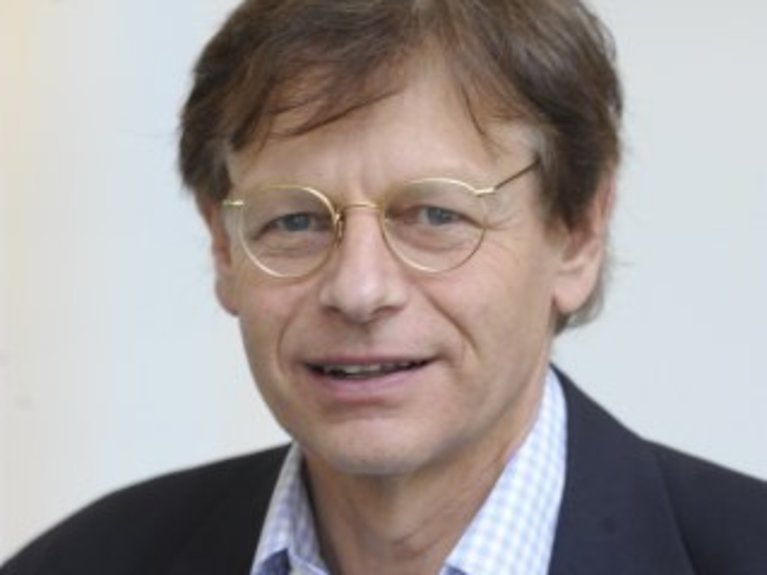
Max Planck Institute for Psycholinguistics
How does our brain perceive or produce sentences? Why is it that children and adults can all learn languages, but children are usually far more successful at it – or is that a false impression? Researchers at the Max Planck Institute for Psycholinguistics in the Dutch city of Nijmegen are getting to the bottom of questions like these in the course of their work. They are also interested in how language and thinking affect one another, in the role cultural environment plays in this and in the contribution of visible expressions (hands, body, and face) to our understanding of the human language faculty. The Institute’s scientific framework is defined by the five areas of Language Development, Multimodal Language, Neurobiology of Language, Psychology of Language, and Language and Genetics. These areas are heavily interconnected through close collaboration between departments and research groups, in line with the interdisciplinary nature of this research field.
Contact
Wundtlaan 16525 XD Nijmegen, Niederlande
Phone: +31 24 3521-911
Fax: +31 24 3521-213
PhD opportunities
This institute has an International Max Planck Research School (IMPRS):
IMPRS for Language SciencesIn addition, there is the possibility of individual doctoral research. Please contact the directors or research group leaders at the Institute.












